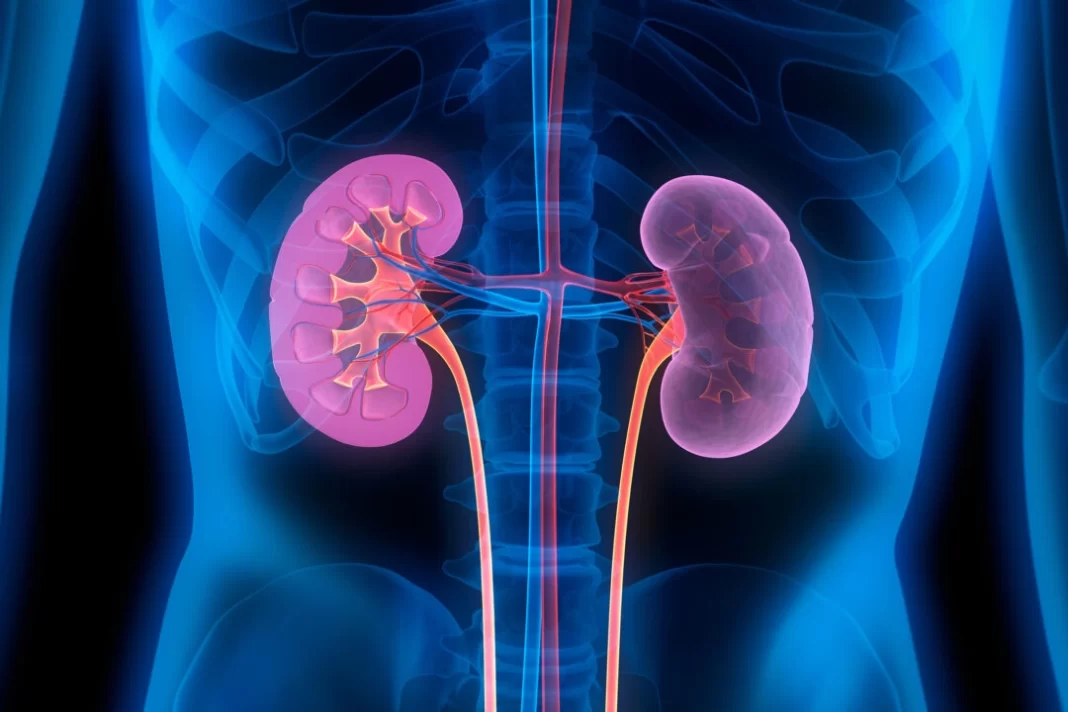A healthy lifestyle and moderate diet are essential to nourish the kidneys.
Feeling constantly drained, unfocused, or needing to urinate often? These persistent symptoms may not just be signs of aging or stress—they could be your kidneys signaling a need for care.
In traditional Chinese medicine (TCM), the kidneys are revered as the “root of innate vitality.” Beyond their essential roles in detoxification and metabolism, kidneys are intricately linked to reproduction, emotional stability, energy, and longevity, explains Professor Jonathan Liu, a TCM expert at a Canadian public college.
In NTDTV’s Health 1+1 program, Liu shared how modern lifestyles—marked by chronic stress, disrupted sleep, and overwork—can deplete kidney energy or kidney qi, resulting in symptoms like fatigue, insomnia, and diminished sexual function.
Liu describes this state as “kidney deficiency,” reflecting the body’s struggle to cope with prolonged stress, resembling adrenal fatigue in Western medicine.
Kidneys: Center of Physical and Mental Energy
In Western medicine, the kidneys are vital organs responsible for regulating body fluids, electrolytes, blood pressure, and the balance of calcium and phosphorus. However, in TCM, the concept of the “kidney” goes beyond its anatomical function to encompass the adrenal glands and the endocrine, nervous, and reproductive systems.
According to TCM, the kidneys govern the body’s “essence (jing), qi, and water.”
- Jing: Represents reproductive power and genetic potential—essentially the body’s core energy reserve.
- Qi: Vital energy that regulates breathing and overall vitality. The kidneys function as “receiving qi,” helping the lungs draw energy into the body.
- Water: Oversees fluid metabolism, helping to prevent edema and maintain fluid balance.
In addition, the kidneys govern the bones and generate marrow, linking them to bone strength and brain function. They also “govern willpower,” making them closely related to determination, memory, and emotional stability.
Kidneys: Main Victim of Daily Stress
Liu noted that fast-paced, high-stress lifestyles often leave people vulnerable to “kidney qi deficiency” with symptoms such as mental fatigue, low libido, poor concentration, and emotional irritability.
Research shows chronic stress activates the hypothalamic-pituitary-adrenal axis, leading to elevated cortisol levels. When kidney function declines, the body’s ability to metabolize cortisol is reduced, placing additional stress on the system.
The stress/kidney cycle raises mortality and complication risks, highlighted in a 2023 review published in Frontiers in Endocrinology.
By Shan Lam and JoJo Novaes








